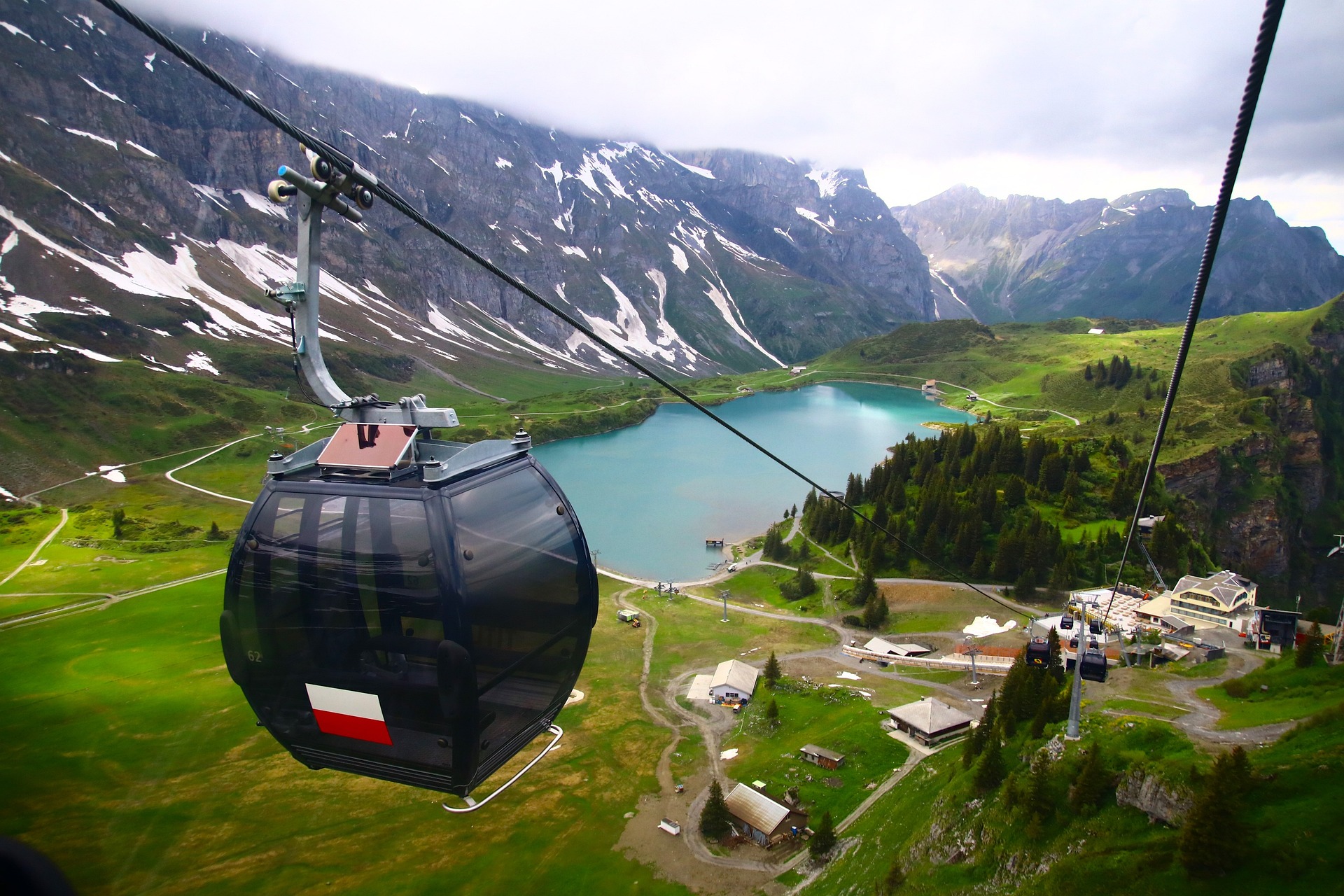Foraging Expeditions: The Culinary Adventure Reshaping Travel
Embark on a journey where the destination is not a place, but a plate. Foraging expeditions are redefining travel experiences, offering adventurers a chance to explore landscapes through their taste buds. This emerging trend combines the thrill of discovery with the satisfaction of sourcing one's own meal, creating a unique intersection of culinary art and outdoor exploration. As travelers seek more immersive and educational experiences, foraging trips are gaining traction, offering a fresh perspective on local ecosystems and traditional food cultures.

The Appeal of Wild Gastronomy
The allure of foraging expeditions lies in their multifaceted nature. Participants not only learn to identify edible plants, mushrooms, and sometimes even insects, but also gain a deeper understanding of local ecosystems. This hands-on approach to gastronomy offers a unique way to connect with nature and local cultures. For many, the satisfaction of creating a meal from ingredients they’ve personally harvested adds an unparalleled dimension to their travel experience.
Foraging Across Diverse Landscapes
Foraging expeditions cater to a wide range of environments, each offering its own unique bounty. Coastal foraging trips might focus on seaweed and shellfish, while forest expeditions could reveal a wealth of berries, nuts, and mushrooms. Urban foraging tours are also gaining popularity, showcasing the surprising abundance of edible plants in city parks and abandoned lots. This diversity allows travelers to explore different ecosystems through the lens of edible flora and fauna, providing a new perspective on familiar and unfamiliar landscapes alike.
The Educational Aspect
One of the key components of foraging expeditions is education. Expert guides, often with backgrounds in botany, ecology, or traditional medicine, lead these trips. They not only teach participants how to identify safe, edible species but also share knowledge about sustainable harvesting practices, the role of various plants in the ecosystem, and often, the cultural significance of certain foods in local traditions. This educational element transforms a simple outdoor activity into a rich, multidisciplinary learning experience.
Challenges and Considerations
While foraging expeditions offer exciting opportunities, they also come with challenges. Safety is paramount, as misidentification of plants or mushrooms can have serious consequences. Responsible foraging also requires an understanding of conservation principles to prevent over-harvesting and damage to ecosystems. Additionally, regulations regarding foraging vary widely between regions and protected areas, necessitating thorough research and often, special permits.
The Impact on Local Communities and Tourism
Foraging tourism has the potential to positively impact local communities by creating new economic opportunities and reviving interest in traditional knowledge. Many regions are now developing foraging trails and tours as part of their tourism offerings, attracting visitors interested in unique, immersive experiences. This trend also encourages the preservation of natural areas and traditional food cultures, as they become valuable resources for this niche tourism sector.
Foraging Expedition Essentials
-
Always go with an experienced guide for safety and legality
-
Wear appropriate outdoor clothing and sturdy shoes
-
Bring a field guide specific to the region you’re exploring
-
Carry a basket or breathable bag for your foraged items
-
Pack a small first-aid kit for any minor injuries
-
Bring water and snacks, as foraging can be physically demanding
-
Consider bringing a camera to document your finds
-
Respect local regulations and obtain necessary permits
As travel continues to evolve, foraging expeditions represent a compelling blend of adventure, education, and gastronomy. This trend not only offers a unique way to experience destinations but also fosters a deeper appreciation for the natural world and our place within it. By literally tasting the landscape, travelers gain a profound connection to the places they visit, creating memories that are as rich and varied as the ecosystems they explore.






